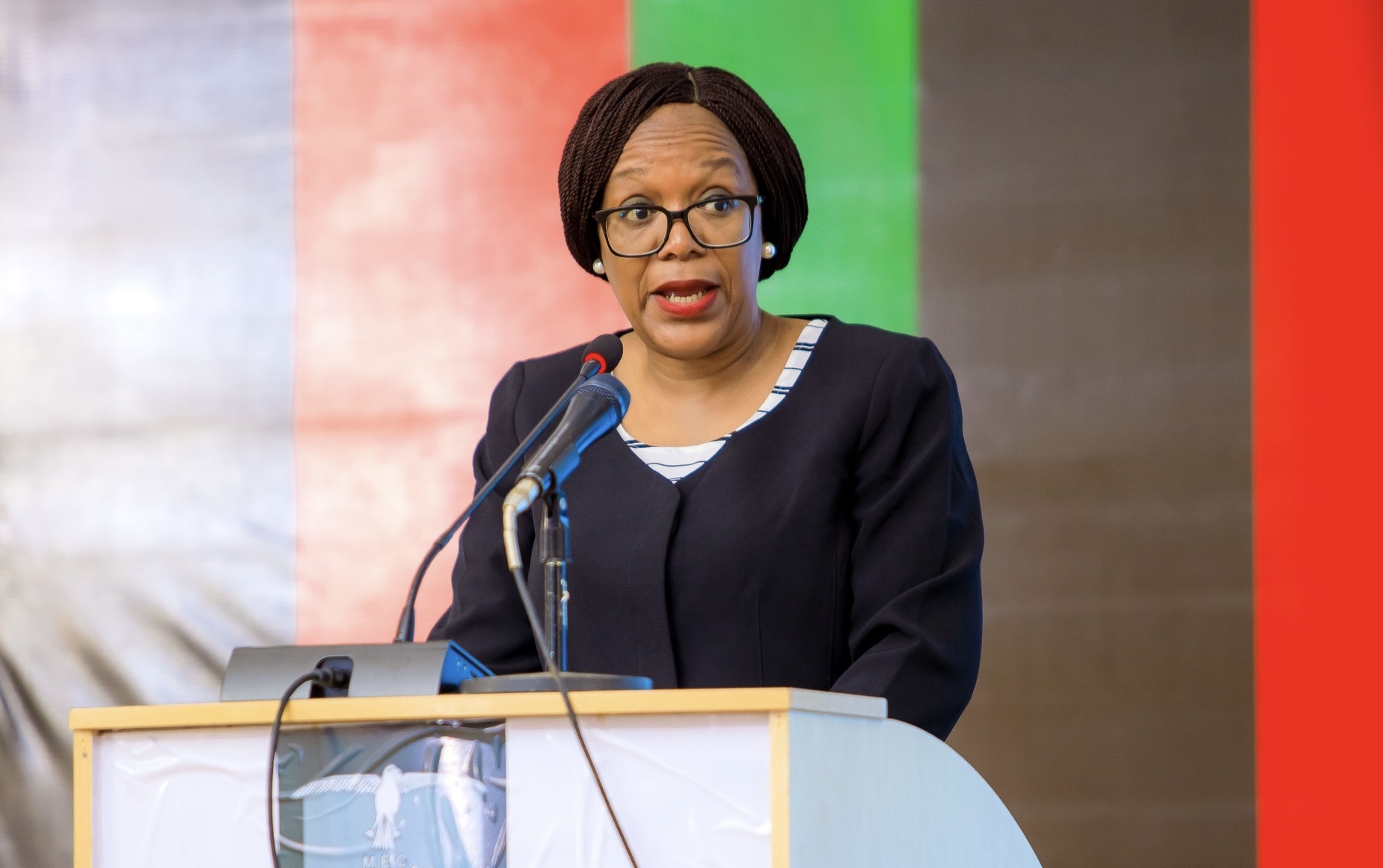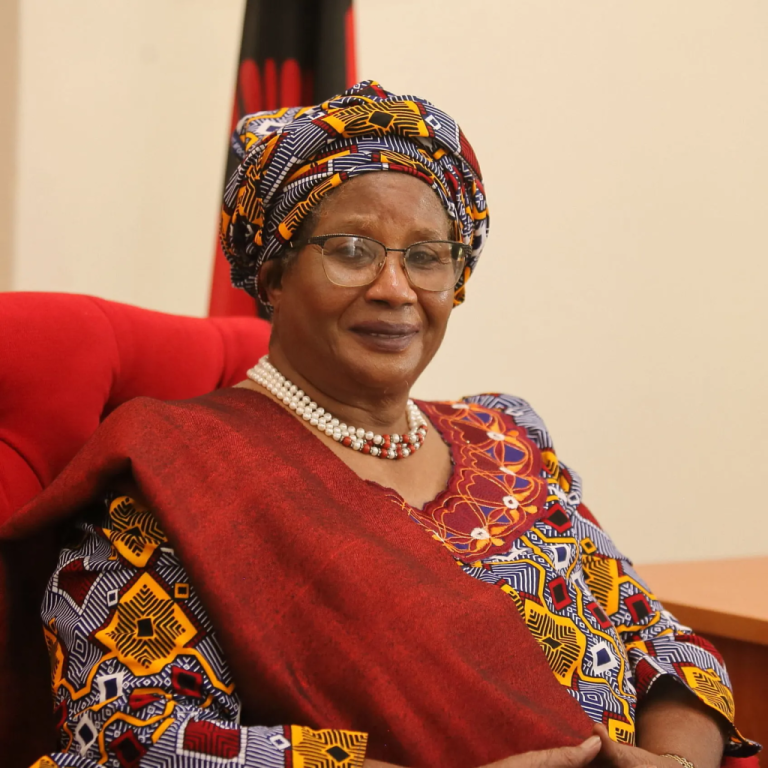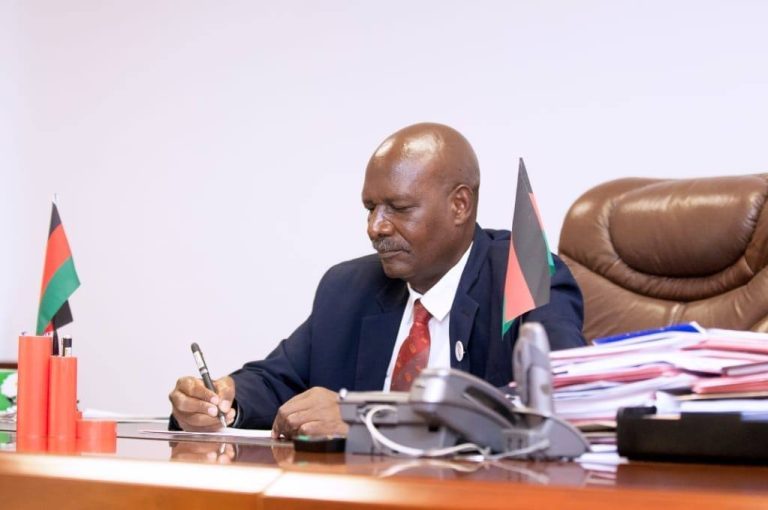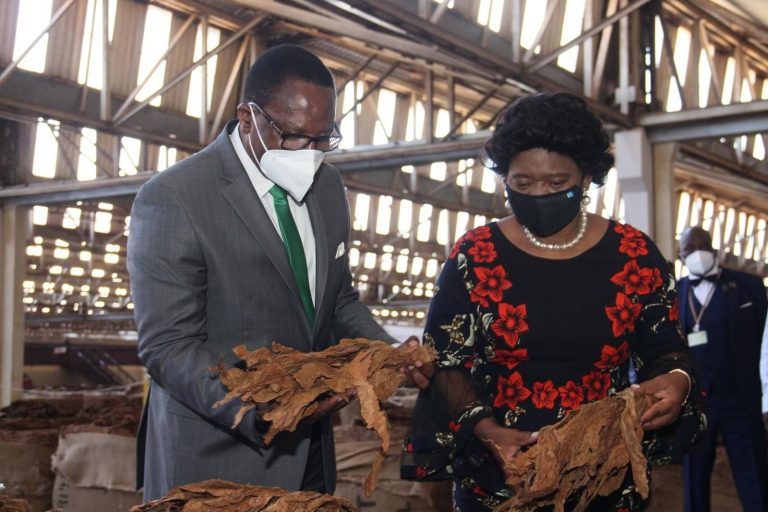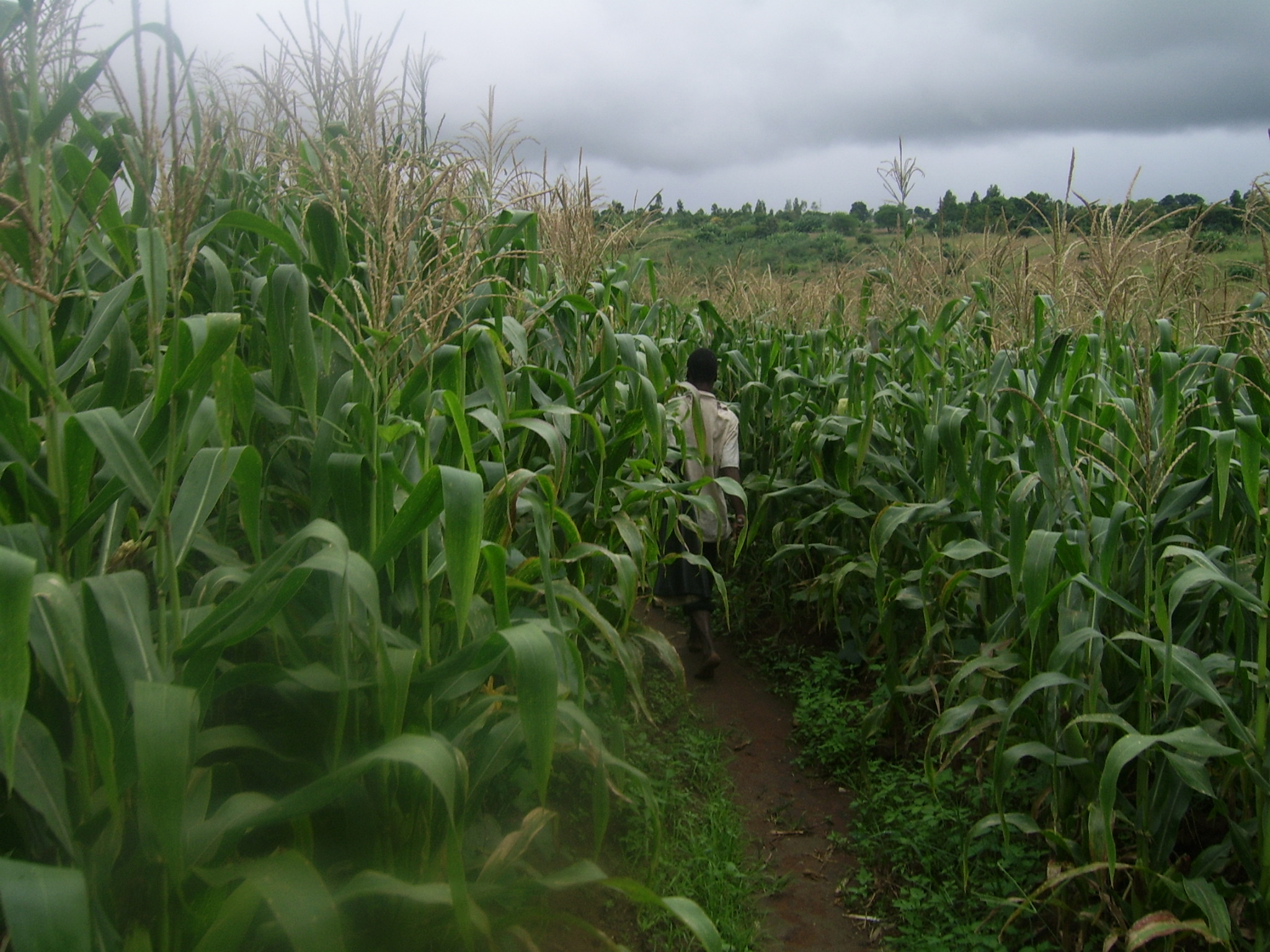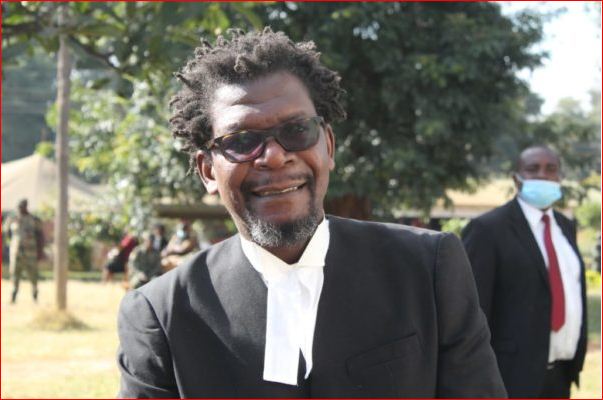The tech company hired to ensure credible elections in 2025 is scandal-ridden and tainted. MEC says don't stress. But the volume of lawsuits and controversies involving the company is alarming. By Jack McBRAMS Last month, the Malawi Electoral Commission (MEC) revealed its plan to adopt new Electoral Management Devices (EMDs) to overhaul and streamline the electoral process. The commission procured 6,500 of these devices from Smartmatic International Holding B.V., a Netherlands-based subsidiary of a US company, Smartmatic. The EMDs will replace the Biometric Voter Registration system used in the 2019 general elections and the 2020 presidential re-run and are expected to handle critical election tasks such as voter registration, the transfer of voters, and the inspection of the voters' register. While Smartmatic has a track record of managing elections across the world, supporting electoral processes both in developing and developed democracies, its record, reviewed by the Platform for Investigative Journalism (PIJ) is not always stellar. Rather, the PIJ has reviewed court cases focusing on electoral manipulation, bribery, and questionable business practices worldwide that put the company’s hiring in the spotlight. Even with the company’s chequered history, the very process by which MEC selected the company is also in question. According to MEC, the contract to identify and supply both software and equipment for election management was contested through restrictive tendering when the commission, after conducting “research and inquiry”, settled for three firms–Aratek Biometric International from Taiwan, Miru Systems from South Korea and Smartmatic International from the Netherlands. However, and strangely, of the three shortlisted bidders, only Smartmatic submitted the bid for the contract as the other two opted not to, leaving MEC with no choice but to award the contract to Smartmatic as the sole bidder. According to MEC, by 9th November 2023 at 14:00 hours, which was the set closing time, only one bidder, Smartmatic of Netherlands, had placed their bid in the tender box. Aratek Biometrics and Miru Systems did not. “Aratek submitted a formal withdrawal through email on 7th November 2023. The reason provided was that the requirements and specifications in the bid document regarding the device memory and internal storage are not aligned with their business strategy,” MEC spokesperson Sangwani Mwafuriwa told PIJ. Miru did not give any reasons for withdrawing. Miru did not respond to PIJ's questions on the matter. For their part, Aratek confirmed having been contacted by MEC but refused to give further details. The company’s VP for sales Samuel Wu told PIJ that the company does not comment on its commercial decisions: “And we have no further knowledge of how the procurement process was conducted and finalized.” The law Section 37, sub-section 3 of the Public Procurement and Disposal of Assets Act (2017) states that restricted tendering may be used when the goods, works or services are only available from a limited number of suppliers, all of whom are known to the procuring and disposing of entity; and the time and the cost of considering a large number of bids is disproportionate to the value of the procurement. Additionally, Section 89 of the Public Procurement Regulations (2020) clearly states the procedures for restricted tendering. It states that: “Where the restricted form of tendering is to be utilized on the grounds referred to in section 37 (3) (a) of the Act, a procuring and disposing entity may publish in the Gazette, local press and the Authority’s website, and at the discretion of the procuring and disposing entity, in internationally recognized papers in the English language and in other media of wide international circulation, including the internet, a notice on the upcoming restricted tendering proceeding.” The regulations further state the notice shall indicate the ground for the limited solicitation, identify the suppliers intended to be invited, and invite any interested suppliers to their interest in participate, and if all suppliers that respond to the notice will not necessarily be permitted to submit bids, the notice shall state the criteria to be utilized for establishing the shortlist and the information to be provided by bidders to demonstrate that they meet those criteria. A senior procurement specialist, who works in the public sector but asked for anonymity due to the sensitivity of the subject, faulted MEC’s procurement process. “Firstly, what they did by shortlisting only three bidders put them in an awkward position when the other two abstained. The standard practice is that we usually shortlist seven or eight bidders to avoid such situations,” said the specialist. The expert also faulted MEC for going with Smartmatic when the other two bidders abstained. “What they did was single sourcing which is not allowed for this kind of procurement. What they should have done when the other two didn’t submit bids was to restart the process and invite more bidders to tender. What they did was unprocedural,” the expert said. ‘No scandal here’ But MEC dismisses the concerns, saying the company was hired after proper due diligence which involved, among others, a visit to the company’s assembly plant and offices in Taipei, Taiwan from 28th January to 2nd February 2024. “This was done through a systematic process of evidence gathering and assessment to understand the credibility and suitability of the supplier. Then the Commission submitted to PPDA a request for no objection to award a contract to Smartmatic on 6 February 2024 and a No Objection was granted on 23 February 2024. The Anti Corruption Bureau (ACB) issued a clearance to proceed with the tender award on 29 February 2024. The Government Contracting Unit (GCU) vetted and approved the contract on 7th March 2024,” said Mwafuriwa. He added that the introduction of the EMDs is part of the commission’s broader strategy to improve efficiency and transparency during the upcoming elections. Smartmatic denies any wrongdoing both in its newly awarded contract but also across the countries it has come under fire for alleged misconduct. In an interview, Smartmatic’s Director for Integrated Communications, Samira Saba, defended the company’s reputation, citing electoral observer missions reports as evidence of good conduct saying the concerns raised could be a result of election-related disinformation campaigns in the countries we reviewed. “The most reliable way to confirm or validate the performance of any election provider and its technology is through reports from election observation missions and post-election audits. We are proud that reports from esteemed stakeholders such as the Carter Center, the Organization of American States, and the European Union, along with multiple audits, have consistently validated the accuracy of the results produced using our technology,” said Saba. The company deferred any other questions on the matter to MEC saying “As technology providers, we respect the autonomy of our customers—election management bodies worldwide—and defer all inquiries regarding our technologies and services in specific countries to the relevant election commission.” For their part, Public Procurement and Disposal of Assets (PPDA) confirmed that they granted MEC a No Objection regarding the “award of a contract to Smartmatic Holding B.V. of the Netherlands for the supply and delivery of election management devices and software”. In an email response to our inquiries, PPDA claimed that the vetting process is the responsibility of the Public and Disposing Entity (PDE), in this case, MEC. “Primarily, due diligence and risk assessment is the duty of the PDE. Specifically, Section 2 of the PPD Act defines “due diligence” as “the assessment of a bidder’s or supplier’s technical, financial and management capabilities and the bidder’s or supplier’s governance record to effectively execute a procurement contract” and this is part of the evaluation process,” PPDA spokeswoman Kate Kujaliwa told PIJ. Smartmatic’s Shadowy Global Footprint Image source: Philippine Center for Investigative Journalism In Venezuela, Smartmatic’s relationship with the authoritarian regime of President Nicolás Maduro has long been a source of concern. The company, which was founded in the country, has been accused of enabling election fraud and helping to prop up the embattled Venezuelan government. Similarly, in the Philippines, Smartmatic has faced legal challenges for its involvement in multiple elections marred by accusations of corruption, according to numerous news sources. On November 29, the Commission on Elections (Comelec) disqualified Smartmatic Philippines Inc. from “participating’’ in all its procurement, Chair George Erwin Garcia, months after four of its executives were implicated in a bribery case against a former Comelec chief in the United States. The UK-based Smartmatic, which racked up major deals since becoming the country’s top provider of voting technology in 2010, expressed “profound disappointment’’ over the Comelec move. The US Department of Justice filed money laundering charges against former Comelec chair Andres Bautista in September. According to news reports, four executives from Smartmatic subsidiaries were implicated as uncharged co-conspirators. The Smartmatic executives reportedly tried to transfer $4 million to Bautista, who awarded Smartmatic a $ 199 million contract to supply 94,000 voting machines for the 2016 presidential elections in the Philippines. However, according to the Philippine Center for Investigative Journalism (PCIJ), Bautista denied accepting any bribe money from Smartmatic, in violation of US money-laundering laws. In August, a federal indictment in Miami, USA alleged that three current and former Smartmatic executives, including Venezuelan-born co-founder Roger Piñate, paid over $1 million (about K2 billion) in bribes to the chairman of the Philippines’ electoral commission. These payments were allegedly funneled through a slush fund created by inflating the costs of voting machines supplied to the Philippine government between 2015 and 2018. Raila Odinga and his supporters present the petition to nullify the elections to the Kenya Supreme Court challenging the election results in Nairobi Most recently, Smartmatic faced a public outcry in Kenya, where opposition leader Raila Odinga accused the company of interfering in the 2022 elections. Odinga’s campaign argued that Kenya’s Independent Electoral and Boundaries Commission (IEBC) had deliberately chosen Smartmatic to facilitate election irregularities. The IEBC was accused of irregularities in awarding the election IT contract to Smartmatic International Holding B.V. following a long and controversial bidding process. The award was contested at the Public Procurement Administrative Review Board (PPARB), the High Court, the Constitutional Court, and the Court of Appeal. Other than that, another controversy centered on the Results Transmission System (RTS), which Odinga claimed was intentionally compromised to favor his opponent. Despite multiple legal challenges, Smartmatic refused to open the national tallying center (NTC) servers for inspection, citing concerns over intellectual property rights. The company's refusal to grant access to these critical systems only fueled suspicions of electoral malpractice. In a letter to the Kenyan Supreme Court, Smartmatic's managing director, F. Gunnik claimed that sharing server access would violate the company’s intellectual property rights and jeopardize election security in other nations using its systems. “As far as they were concerned, IEBC had also intentionally hired Jose Gregorio Camargo Castellos, Joel Gustavo Rodriguez Garcia, and Salvador Javier Sosa Suarez to facilitate the irregularities and illegalities which compromised the integrity of the electoral system,” Odinga and his fellow petitioners argued in their submissions. As if that was not enough, in the run-up to the same elections, Police in Kenya arrested three Smartmatic employees who were contracted to the electoral commission when they landed at the country's main airport in Nairobi. Police said they had arrested and later released a "foreigner" who had not declared sensitive election-related stickers discovered in their personal luggage. “The stickers were not accompanied by an IEBC official as per routine procedure,” police spokesman Bruno Shioso said in a statement. Data capturing with a Smartmatic gadget during the Uganda 2016 elections In Uganda, Smartmatic snapped up the deal at $19m (Shs66b), beating firms from Israel, Belgium, the United Arab Emirates, and South Africa. However, the Ugandan Daily Monitor reports that the deal came under query from the country’s Attorney General and Solicitor General after the commission circumvented due diligence on the supplier, which investigations showed, had a stained past and was discredited in countries such as Venezuela, Bolivia, Mexico and United States. In the run-up to the 2016 elections, John Bosco Suuza, on behalf of the Solicitor General, warned the EC against proceeding to sign a contract with Smartmatic without completing due diligence. “… we note that whereas the due diligence team set out to, among other things, establish ‘allegations of failure to deliver in Venezuela, America and Philippines’, it has not been shown that the team actually conferred with authorities in any of the three countries to establish the performance [and other] records of the provider,” he wrote. In Uganda, donors subsequently pulled out of the biometric technology procurement after a disagreement with the EC over sourcing of the suppliers. Smartmatic snapped up the Ugandan deal at $19m (Shs66b), beating firms from Israel, Belgium, the United Arab Emirates, and South Africa. One of the companies, Diamond Gate General Trading Ltd, petitioned the EC for administrative review but it was told on June 8, 2015, that the evaluation had followed the law. Saba noted that Smartmatic has deployed election technologies in more than 35 countries, including Belgium, the U.S., the U.K., Bulgaria, Norway, Albania, Estonia, Brazil, and Australia. “Smartmatic takes a holistic approach to protecting the integrity of elections. We combine built-in security features with physical deterrents and safe operating procedures to protect data across the system. Furthermore, we do not rely on a single security application. Instead, our systems employ multi-layered protection strategies, including defense in depth, security fragmentation, encryption, device identity assurance, segregation of duties, and independent auditing. This approach to election integrity has helped us protect elections in Belgium, Germany, the United States, Kenya, Argentina, and 30 other countries. It will also protect the parts of the Malawi election under our responsibility in 2025,” she said Voter registration in process for the controversial 2019 elections What Does This Mean for Malawi’s 2025 Elections? MEC’s decision to partner with a company embroiled in such widespread controversy has triggered alarm bells among stakeholders, civil society, and political observers in Malawi. Governance expert Willy Kambwandira of the Centre for Social Accountability and Transparency (CSAT), that MEC has to ensure that it instills public confidence in the electoral cycle against a background that the country had one of the worst elections in 2019 which were nullified by the courts. “It is very important for MEC to demonstrate the highest levels of transparency and inclusion to array fears of voter rigging. As such, there is a need for scrutiny of suppliers hired to provide different services and MEC must desist from engaging service providers that are blacklisted in other countries due to corruption and mismanagement of elections,” he noted. Kambwandira called on MEC to cancel the contract with Smartmatic. “It is therefore our demand that MEC stop engaging with this particular service provider whose image is tainted and any engagement with this company may raise strong suspicion of voter manipulation,” he told PIJ. This article was published by the Platform for Investigative Journalism (PIJ). The PIJ is committed to professional and independent journalism.

